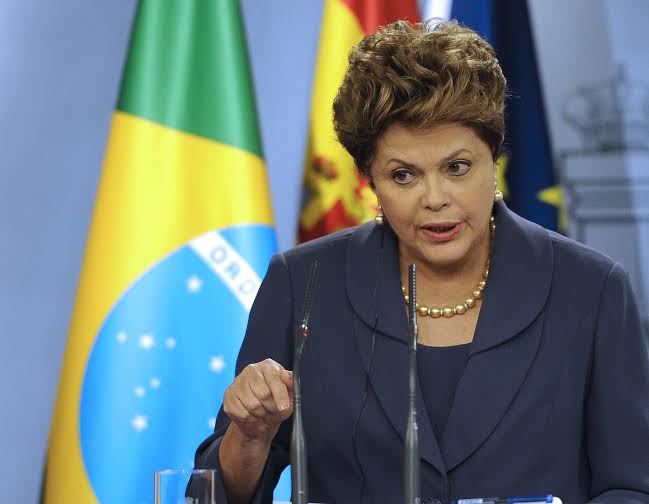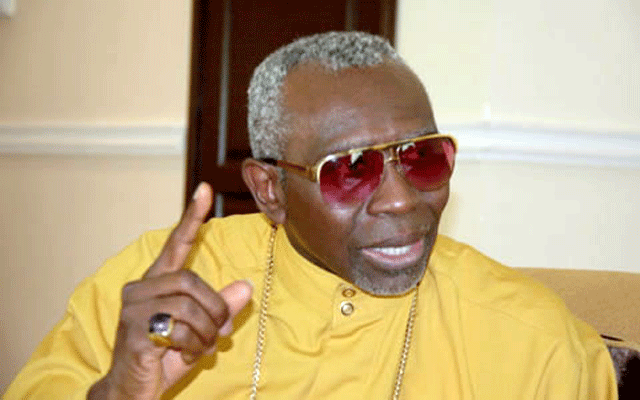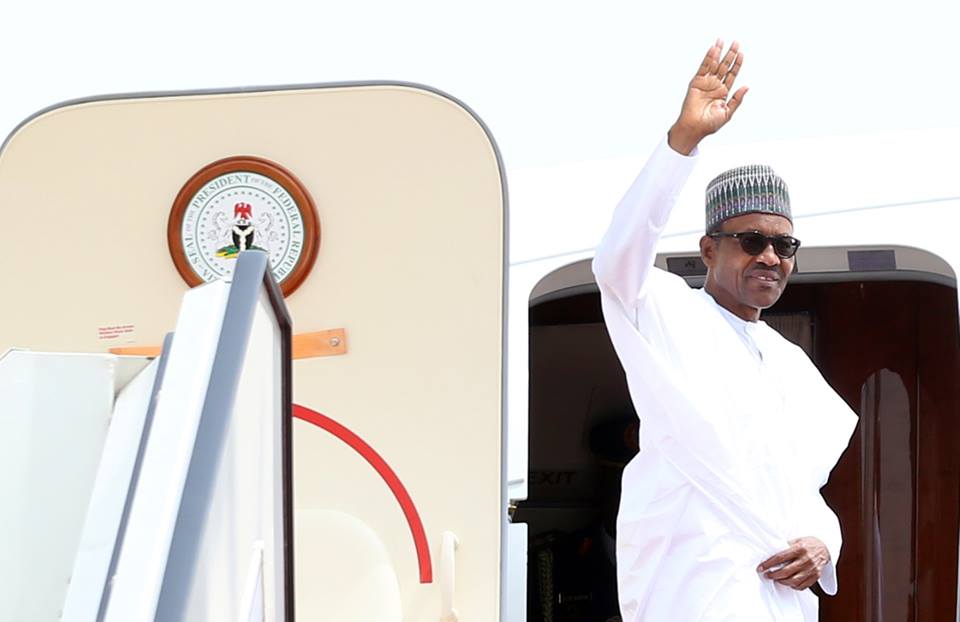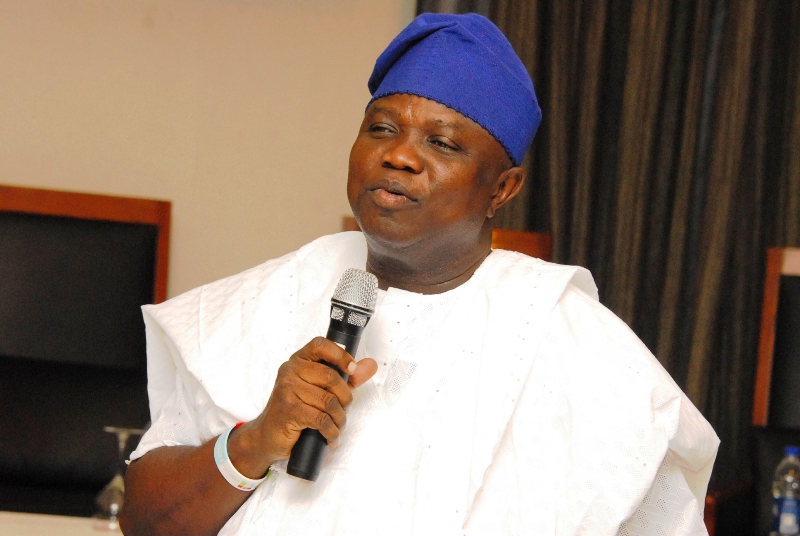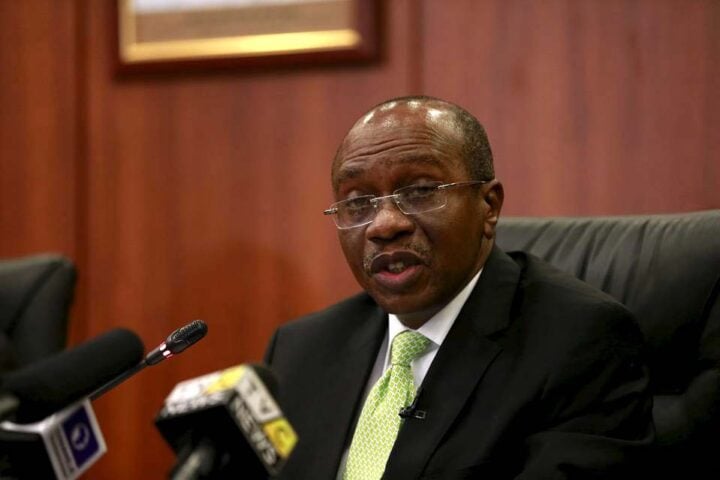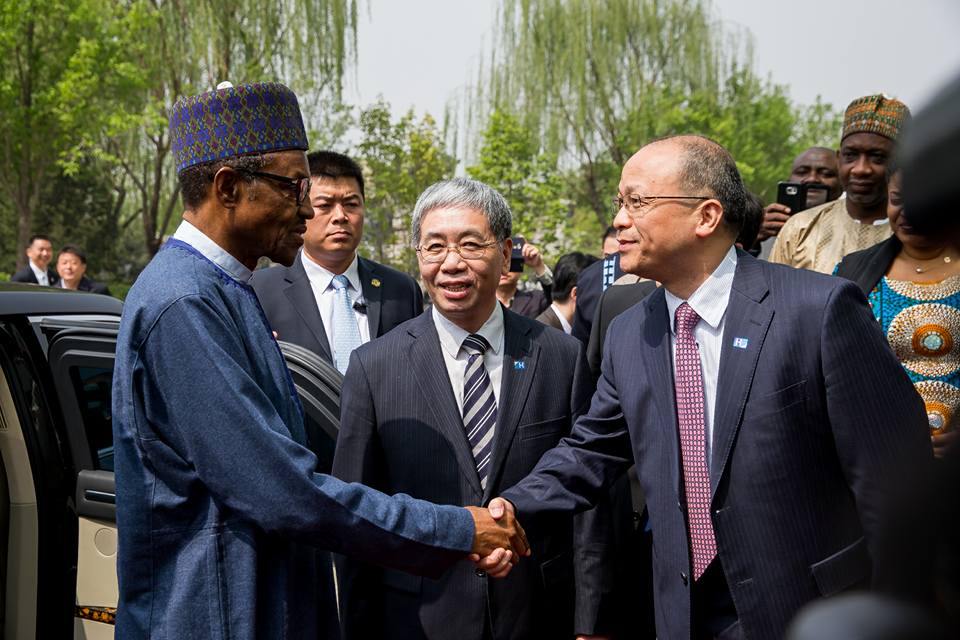About a decade ago, they were shining examples of where emerging countries should be going. There was a consensus that Brazil, Russia, India, China and South Africa – otherwise called Brics – held the aces.
The economies of these countries were surging at double-digit growth rates, as portfolio investors in their numbers camped out in Beijing, Moscow, Mumbai, Rio de Janeiro and Johannesburg to enjoy the boom.
Like every good thing, however, it appears the boom has run its course. The darlings of global capitalism now look like wayward examples, with Brazil and South Africa leading the race to the bottom.
This was not what Jim O’Neil had in mind when he coined the term, Brics, 15 years ago. But who could have guessed that Dilma Rousseff and Jacob Zuma would happen?
Advertisement
Rousseff was full of promise when she came to power. The first woman president in Brazil, she was charming, tough and invested with the powers of an insider, after serving as chief of staff to outgoing President Luiz Inacio Lula da Silva. She seemed just the right person for the job.
With the economy growing at four percent, Rousseff had the wind in her back. Before she could settle down, however, the storm came. The prices of coffee, sugar and other commodities, which are the main exports of Brazil crashed, leaving the economy in turmoil. The favelas, already bursting with the poor, reached new levels of squalor.
Rousseff became desperate for two things – how to secure a second term, and where to find money to keep Brazil’s promise of hosting the 2014 World Cup. In her desperation, she raided state-run banks to plug massive budget deficits and still managed to host the World Cup in defiance of rising inflation and protests for more jobs and better public services. For the soccer-crazy country, it was a double loss: the economy was in hemorrhage and after the billions of dollars spent, the national team crashed out of the World Cup at the semi final stage after a humiliating 7 – 1 defeat at the hands of Germany.
Advertisement
The only winner was FIFA which reaped revenues of $4.8billion, against $2.2billion invested. But Rousseff’s woes were only just beginning. The opposition, which felt she had raided her way to a second term, pressed for an independent investigation of the state’s finances, alleging widespread and systemic corruption and abuses going back to da Silva’s government.
Rousseff has not helped matters. She has obstructed attempts to investigate the allegations against her government and in a ridiculous quid-pro-quo, offered former president da Silva the position of chief of staff in her government to shield him from ongoing investigations.
Her conduct has left members of her cabinet outraged and divided and her coalition government broken. Rousseff is now fighting for her political life with a clear and present danger of impeachment.
How did it come to this? How can a woman who was on the frontlines in the battle against dictatorship in her country in the 1970s fall so disastrously short when she finally gets a chance to walk the talk?
Advertisement
Part of the answer lies in a messianic complex that does not distinguish between self and country. Dilma Rousseff has refused to see that not all that may be good for her is good for the country. She is famously quoted to have described herself as “a harsh woman surrounded by mild men.”
That ensures that she gets to listen to only what she wants to hear, with no time or patience for criticisms. At a time when the state oil corporation, Petrobras, needed a competent and professional hand to survive its internal demons and the impact of falling oil prices, Rousseff planted her protégée from the state-controlled bank with zero experience in the sector, to run the corporation. Her desire to please FIFA hardly showed any sensitivity to the misery of the public, which at the end of the day, now seems condemned to eat football. It was either her way or the highway.
But this is Rousseff, husband of all mild Brazilian men. Her comrade on the other side of the ocean, Jacob Zuma, appears to be doing his utmost to bring South Africa to junk status, too.
As the rand slides and the economy stutters, Zuma appointed three finance ministers in one week, making sure the best man for the job got the rawest deal. Like Comrade Dousseff, Zuma thinks his sacrifice in the ANC’s anti-apartheid struggle, entitles him to run the country like his private estate.
Advertisement
But for the ruling of South Africa’s constitutional court, Zuma was determined to get away with using $16million of state money to add a chicken run, a swimming pool, and an amphitheatre, to his sprawling estate in Nkandla. Zuma, as the world knows, is a harsh man, surrounded by a harem of mild women with the support of a discredited party.
From Rio to Pretoria, it seems the world cannot run away from the importance of strong institutions. A common thread in the crisis rocking the Brics, is the ease with which politicians seem to bend state institutions to serve their personal ends. It is compounding a fragile situation.
Advertisement
I won’t be dragged into the futile debate about which one is more important – strong individuals or strong institutions. One should not be so strong as to easily undermine the other.
Chibok: Two Years Of Waiting
What would it take for the doubters to believe that Boko Haram abducted 219 schoolgirls from their dormitories two years? For months, the government of former President Goodluck Jonathan simply did not believe it. Mrs. Jonathan and Peoples Democratic Party women leader, Kema Chikwe, taunted the campaign to bring back our girls, suggesting it was a fraud. It is depressing that some people, obviously including Governor Ayo Fayose of Ekiti, are still hostage to such a cruel mindset. I’m arranging a special delivery of the latest video of the girls for Fayose to view and share with his fellow doubters, but something tells me the guy is passed redemption. Every night since April 14, 2104, when we have gone to sleep holding our own children a bit closer, the girls, their families and friends have struggled with fear, despair and misery, hoping that their nightmare would come to a happy ending. In a country where we’re often in a hurry to forget and move on, we thank Oby Ezekwesili, Aisha Yesufu, Hadiza Bala Usman and others for holding our feet to the fire. Those who will not believe until they see the girls’ heads on a platter, can offer to trade places with the parents of the missing girls.
Advertisement
Ishiekwene is the managing director/editor-in-chief of The Interview magazine and board member of the Paris-based Global Editors Network
Advertisement
Views expressed by contributors are strictly personal and not of TheCable.
Add a comment

